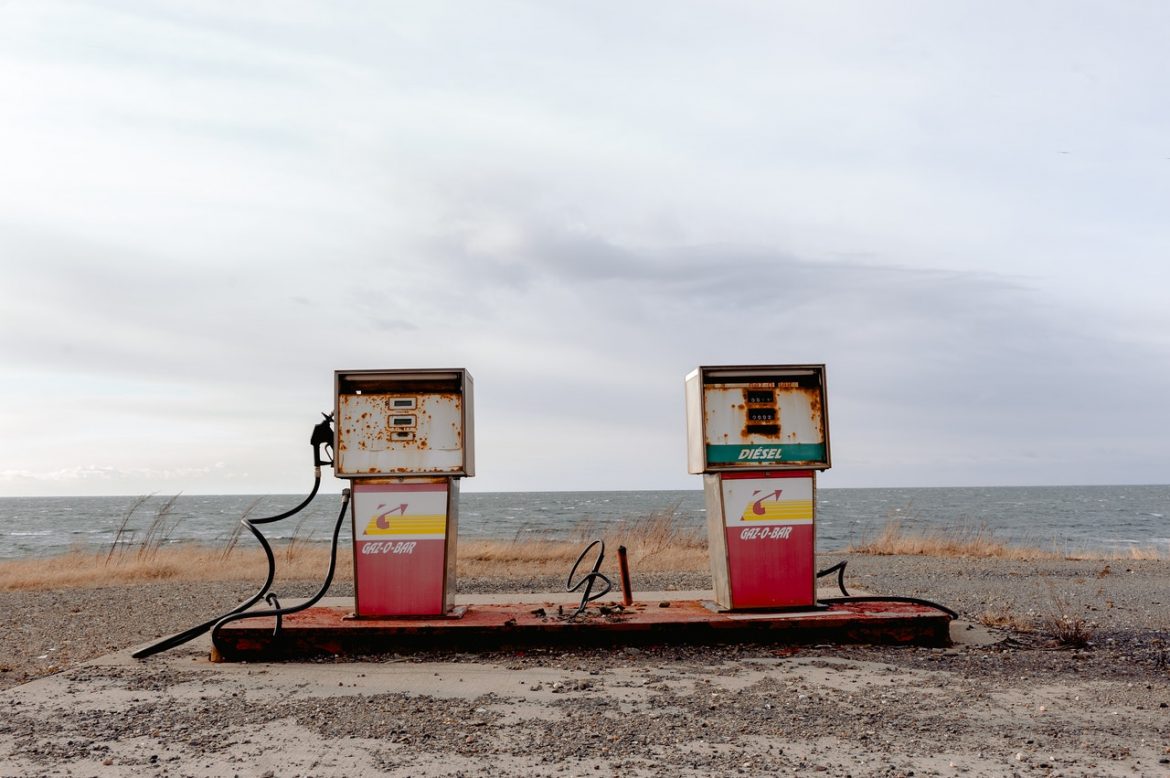Help Improve the Environment with REG Fuels
Renewable REG fuels promise to be lower-pollution alternatives to fossil diesel and petrol. They are already appearing in our service stations.
Biodiesel made from chip oil and vegetable waste has been around for a long time. Farmers and fringe “rainbow centres” often made use of it and often received large penalties for “tax evasion” for their trouble. But environmentalism is no longer fringe: it has gone mainstream.
Fuel researchers are now taking a very serious look into new ways to convert things like grass clippings, roadside weeds, palm oil, old chip oil, paper pulp and sewage into cleaner greener alternative fuels. Governments see two main advantages. The first is that carbon dioxide absorbed by the growing plant balances out that produced by burning it. The second is that bio-fuels reduce our dependence on uncertain foreign supplies of petroleum and gas.
Substituting fossil diesel with biodiesel, or petrol with bio-ethanol, is not without problems. Engines were not designed to use it. They often fail to burn it efficiently and can’t cope with its different chemical properties for very long. The potential fuel efficiency and performance of biofuel is unlikely to be achieved and, in the worst cases, engines can be seriously damaged.
REG Fuels Take a Different Approach
The difference between ordinary biodiesel and renewable diesel is the production process. They begin with the same natural, mostly vegetable sources, but the end product is much closer in chemistry to traditional fossil supplies. In fact, it matches up to exactly the same standards and specifications as defined by the American Society for Testing and Materials (ASTM).
Renewable diesel of this kind doesn’t only reduce emissions – it also delivers strong performance without requiring any engine modifications or shortening the mechanical endurance of the vehicle.
In particular, emissions contain 85% less sulphur than even ULSD (ultra low sulphur diesel). Very importantly for fuel suppliers and big consumers with their own storage tanks, it blends with other kinds of diesel without problems or difficulty.
Another argument in their favour is that accidental spills should do much less severe environmental harm, because they degrade more quickly. There are also lower production and transportation risks compared to the notorious Deepwater Horizon drilling disaster or the Torrey Canyon shipwreck.
Forward Thinking
Looking forward ten, twenty or thirty years, it is almost certain that bio-fuel blends and pure bio-fuels will replace our traditional fossil fuels. As blends improve and production gears up, they will become cheaper while fossil fuel supplies diminish.
Gas has been pushed as another alternative, but it lacks the sustainable credentials of bio-fuel. More decisively, switching to gas requires investment in gas lines, dryers, storage tanks, compressors, generators, filling posts and new engines.
Sustainability is now a buzz-word in all walks of life. Recycling collection points and zero-waste shops are everywhere. These trends are unlikely to diminish so long as consumption remains the driving force of the world’s economies. The sooner we plan for change the more likely we are to survive it.

